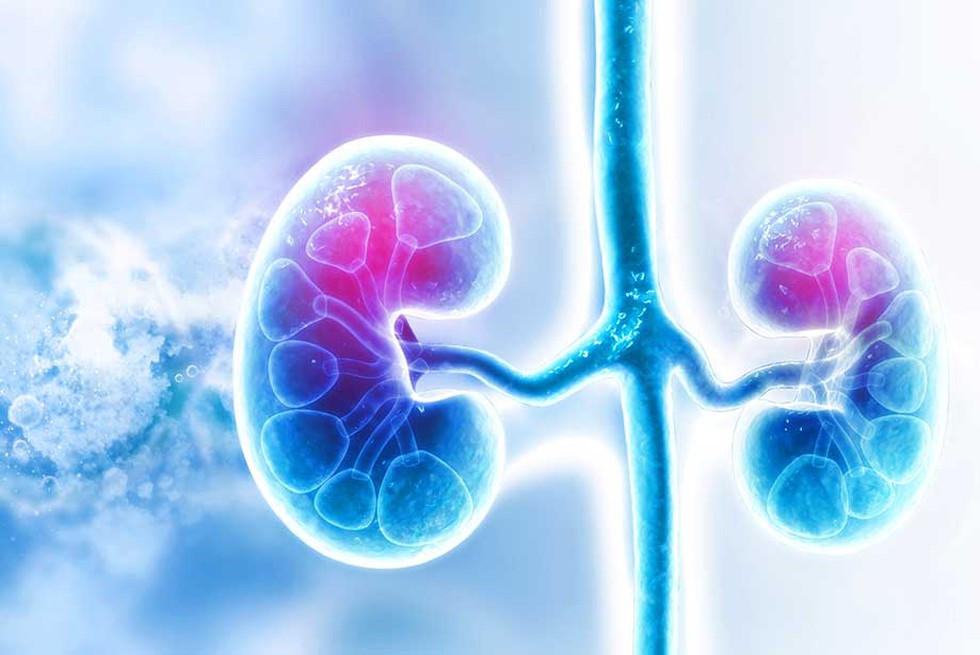
About Nephrotic Syndrome:
India’s first indigenous bomber UAV a...
Ukraine's exploding drone boats appea...
Scientists recently observed a wild m...
A team of US scientists has shown thr...
Researchers recently discovered that ...
Recently, volatility gauge India VIX ...
In a new study, a group of researcher...
The U.S. State Department accused Rus...
Magnetic resonance imaging is an indi...
The practice of carbon farming is eas...